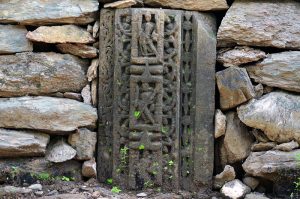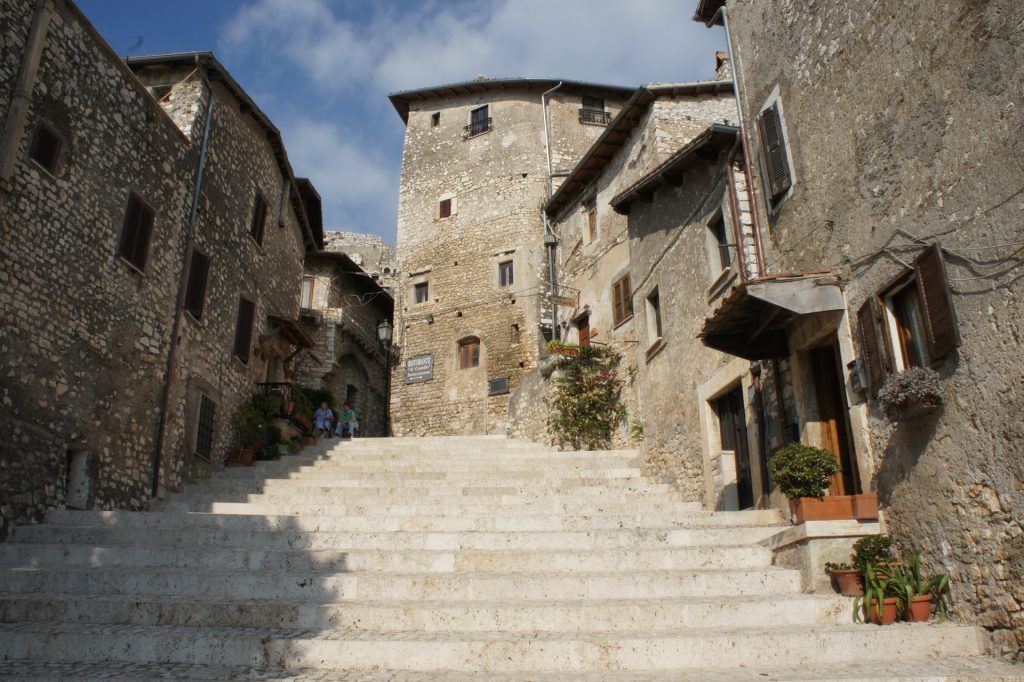[vc_row remove_padding=”no-padding-vc-row”][vc_column][vc_custom_heading text=”Threshold” font_container=”tag:h2|font_size:30|text_align:left|color:%231e73be” google_fonts=”font_family:Raleway%3A100%2C200%2C300%2Cregular%2C500%2C600%2C700%2C800%2C900|font_style:400%20regular%3A400%3Anormal” css_animation=”fadeInRight”][/vc_column][/vc_row][vc_row][vc_column][vc_column_text]What will your legacy be?
 In the iconic movie The Man Who Knew Too Much, Doris Day asks about the future in the context of several pivotal relational moments. To each question the refrain asserts:
In the iconic movie The Man Who Knew Too Much, Doris Day asks about the future in the context of several pivotal relational moments. To each question the refrain asserts:
Que sera, sera
Whatever will be, will be
The future’s not ours to see
Que sera, sera
Indeed, the future is not ours to see. That said, we dedicate a good deal of our lives to planning for it – for ourselves, for our children, for generations to come.
The Iroquois people practice seven generation stewardship. The concept originated with the Great Law of the Iroquois and urges the current generation to live and work for the well-being of those 140 years into the future. They encourage us to ask: What does it mean, in the context of the church today, to live and work for the benefit of those seven generations into the future?
Even before the pandemic, racial reckoning, and climate crises, research indicated that “church” will look nothing like it does today. Hard to believe even more change is coming, but well, it is a constant. Trends tell us that “church” is likely to function as neighborhood movements, initiatives and services (however neighborhood might be defined). The definition of “church” as a physical structure, dedicated primarily to the purpose of worship on a Sunday morning and activities of a particular membership body in between, are likely to be very few and very far between. The physical structures that will still exist as “church” will have very different relationships with those who worship – at whatever time they may worship – than those in the past.
Most traditional churches today either are or will soon be facing questions of sustainability. The model of church from seven generations ago – despite the careful planning of our forebears – does not and cannot work to address the needs of the worlds around us, and the people hurting in them. Churches are struggling with two questions, among others: “What can we cut,” and, “Where can we get more money?”
This more “butts” in the pews and more money in the offering plate will fix everything no longer works. I am not sure it ever did, but it certainly does not now. Questions that imply that the church would like to figure out how to maintain, in order to keep doing as we always have. Just as I do not worship as my ancestors, who settled in the area now known as Farmington, Connecticut, the traditions of my spiritual life will not work for my great-great-great-great-great grandchildren (in truth, it does not even work for my children). Please take this seriously. As a woman of faith, I would be appalled if it did.
 The Spirit of Life, called by many names is recognized in my denomination as a Still-Speaking God, has entrusted us with bounteous resources to use for the common good. In considering what this mean for us today, and in anticipating the “seven generation stewardship” concept, we are called to radically plan for a future “we will never see and cannot imagine, not even in our dreams.” Kahlil Gibran, in his book The Prophet, speaks through Almitra to say of children, “Your children are not your children. They are the sons and daughters of life’s longing for itself….You can try to be like them, but you cannot make them just like you, for their souls dwell in the house of tomorrow, which you cannot visit, not even in your dreams.”
The Spirit of Life, called by many names is recognized in my denomination as a Still-Speaking God, has entrusted us with bounteous resources to use for the common good. In considering what this mean for us today, and in anticipating the “seven generation stewardship” concept, we are called to radically plan for a future “we will never see and cannot imagine, not even in our dreams.” Kahlil Gibran, in his book The Prophet, speaks through Almitra to say of children, “Your children are not your children. They are the sons and daughters of life’s longing for itself….You can try to be like them, but you cannot make them just like you, for their souls dwell in the house of tomorrow, which you cannot visit, not even in your dreams.”
So how do we plan for a future we will never see and cannot imagine? Every time we ask someone to entrust assets to a church, we do that. Estate planning. We do not steward money very well, however, hoarding it like the “wicked servant” in the story of the talents. I once heard a judicatory minister in the United Church of Christ say to a finance committee in a local church, “If I give you money to do God’s work in the in world in my name after I die, and once you receive it, you put it in an investment account somewhere, I will come back from the dead and take it away from you!” I fear the point was lost in the ensuing laughter.
Do not lose track of this point: God calls the world to new life, again and again. In our generation, even before the pandemics some churches were already facing issue, not just of sustainability, but consequentially, of viability. Moving worship online has helped some churches grow and thrive, others are embracing new ways of being church in the world. The struggle to discern a faithful way forward is more than likely coming to a church near you in the near future. How will your congregation apply the principles of seventh generation stewardship? In almost all cases, this will call for a level of re-inventing the church – what it brings to the world, how it functions, who it impacts and what future promise it holds.
At Potentials Coaching & Consulting we work with congregations to discern what God is calling them to next. Legacy? Consolidation? Bold, new programming? An extended mission in a newly forming neighborhood? Strategic reorganization with an eye to staffing patterns and portfolios that meet the seventh generation of the neighborhood in which it is located? Selling the building and renting back worship time, so going community concerns can adapt the space for meeting God’s people’s needs?
 What do you sense as you stand at the Threshold? We will stand with you, honoring the heart of transformation. Let us enter together.
What do you sense as you stand at the Threshold? We will stand with you, honoring the heart of transformation. Let us enter together.
At the Threshold
Stand at the…door with me.
Honor the heart of transformation.
Honor your own heart
Where everything is
Always changing.
It is the very same dwelling.
……
Hold my hand. I need you for courage.
We become who we are together,
each needing the other. Alone is a myth.
The path leads through this door.
I cannot go to. … without you.
Let us enter together.
Gunilla Norris (pp.12-13)[/vc_column_text][/vc_column][/vc_row]
